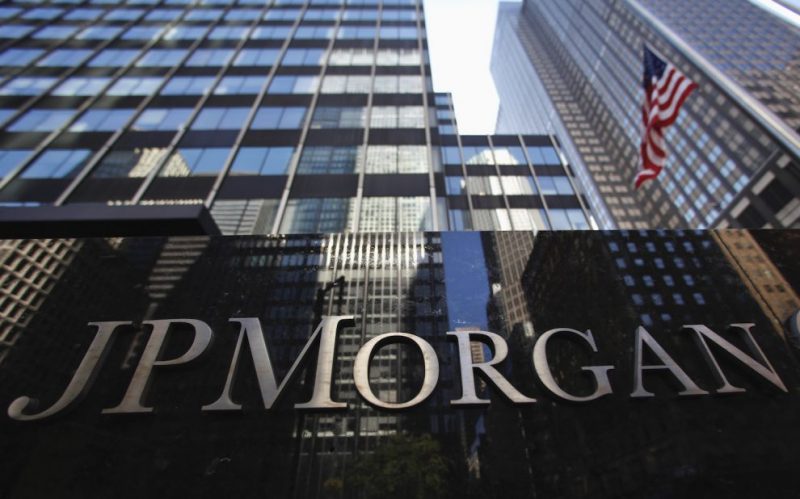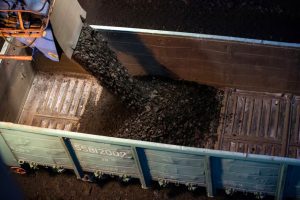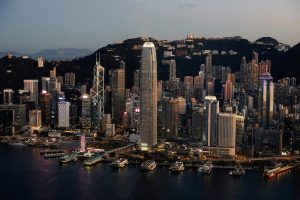JPMorgan has warned that the combination of Russia’s war in Ukraine and China’s ongoing property crash could see the worst wave of corporate defaults since the global financial crisis.
A new report from the bank’s analysts on Monday estimated the default rate across the Emerging Market (EM) would now reach 8.5% – more than double the 3.9% they expected at the start of the year before the war in Ukraine.
The volume of riskier ‘high-yield’ EM corporate international market bonds now trading at distressed levels had jumped to $166 billion, the highest since 2009 when the global financial crisis raised the default rate to 10.5%.
Eastern Europe is predicted to see a record 21.1% default rate due to what are expected to be 98.8% and 27.3% respective rates in Ukraine and Russia, where firms are now in difficulty due to the war or the West’s unprecedented sanctions.
Ukraine corporates have provided frequent updates to investors since the start of the invasion and all have painted a similar picture of their operations – exports are disrupted, revenue generation and collections are decimated.
Half of China’s Developers Could be ‘Decimated’
China property sector woes, meanwhile, saw Asia’s default rate forecast lifted to 10% from 7%.
There are expected to be $32 billion worth of defaults by 29 struggling Chinese developers this year. That would be an eyewatering 31% default rate for the sector and when added to the $49 billion worth of defaults from 26 firms last year, would mean half of China’s high yield property bonds will have defaulted.
“Together with a 30% default rate recorded last year, we could potentially see more than half of the sector being decimated,” JPMorgan analysts said, explaining how “surprises” such as hidden debt and developers unexpectedly defaulting on their entire bond stocks had “blindsided” investors.
“While the government has gradually loosened its housing policies, some weaker developers have already gone beyond their tipping point,” they added.
Notably, however, excluding those idiosyncratic situations, the rest of the EM high yield corporate space is expected to see only a modest 1.1% default rate this year.
Latin America’s forecast remains sub-3% and the Middle East & Africa’s sub-1%, which compares to 0.75% and 1.50% in the United States’ and Europe’s respective high yield markets.
• Reuters with additional editing by Jim Pollard
ALSO on AF:
AF TV – Russia-Ukraine war poses serious risks to Asia
China Evergrande Debt Crisis: Five Developers on the Brink
China’s Real Estate Debt Crisis Spills Over Into Steel Sector
























